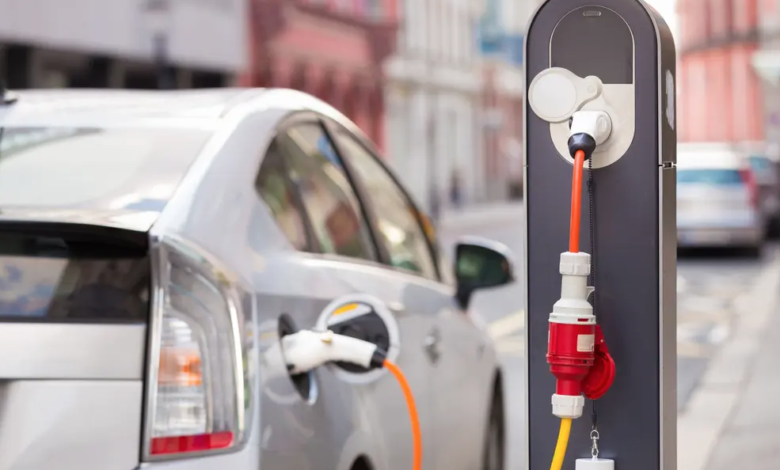Alternative fuel infrastructure, there is the Europe agreement
What’s new in Alternative Fuel Infrastructure Regulation
(sustainabilityenvironment.com) – White smoke for the new European Regulation on Infrastructure for Alternative Fuels (AFIR – Alternative Fuel Infrastructure Regulation). Members of the European Parliament have reached an informal agreement with the Swedish Presidency of the Council, putting the new targets on paper.
Alternative fuel infrastructure: distances and prices
The measure, one of the regulatory acts introduced in July 2021 with the package Fit for 55, aims to expand the infrastructure network for cars and trucks “ecological“, ships and planes, defining a framework for national plans. The agreement, which will now have to be formally approved by the co-legislators, sets mandatory minimum targets for Member States to build alternative fuel infrastructure. To be precise, the regulation requires that by 2026 electric charging stations for cars with a power of at least 400 kW be installed at least every 60 km along the TEN-T central network. However, the power must increase to 600 kW by 2028. For trucks and buses, the obligation falls instead every 120 km, but these stations should be installed on half of the main EU roads by 2028 and with power from 1,400 kW to 2,800 kW depending on the road. It will also be complemented by two truck charging stations in secure and secure parking lots from 2028.
In all cases, certain exemptions would apply to the outermost regions, islands and roads with very little traffic. Legislators have also decided that by 2031 the TEN-T core network should have at least one hydrogen filling station per 200 km.
Users of alternative fuel vehicles must be able to pay easily and conveniently at charging or refueling points (with payment cards, contactless devices or, in some cases, using a QR code). The full price should be displayed per kWh, per minute/session or per kg, and be reasonable, easily and clearly comparable, transparent and non-discriminatory, the agreement states. The Commission will establish an EU “database” on alternative fuel data by 2027 to provide consumers with information on availability, waiting times or prices at different stations.
The news for the naval field
In the maritime transport sector, for the first time, from 2030, European ports will have to make sure electricity available for container and passenger ships, thus helping to reduce air pollution in port cities. EU countries will also have to communicate their plans to install ecological bunkering points in their ports, including infrastructure to supply electricity, hydrogen, methanol and ammonia.






